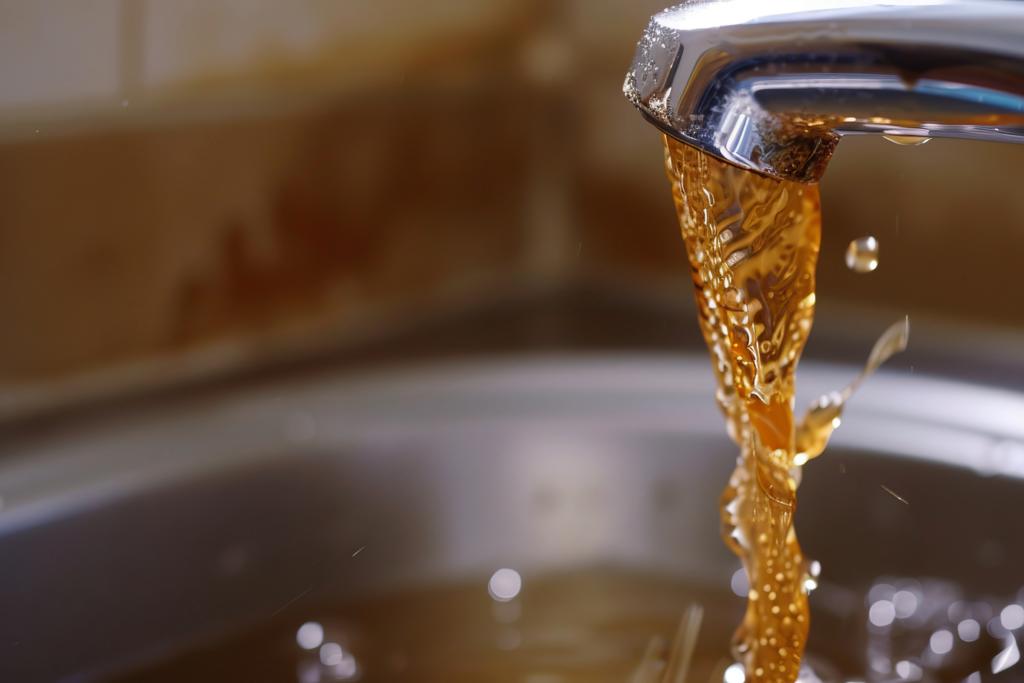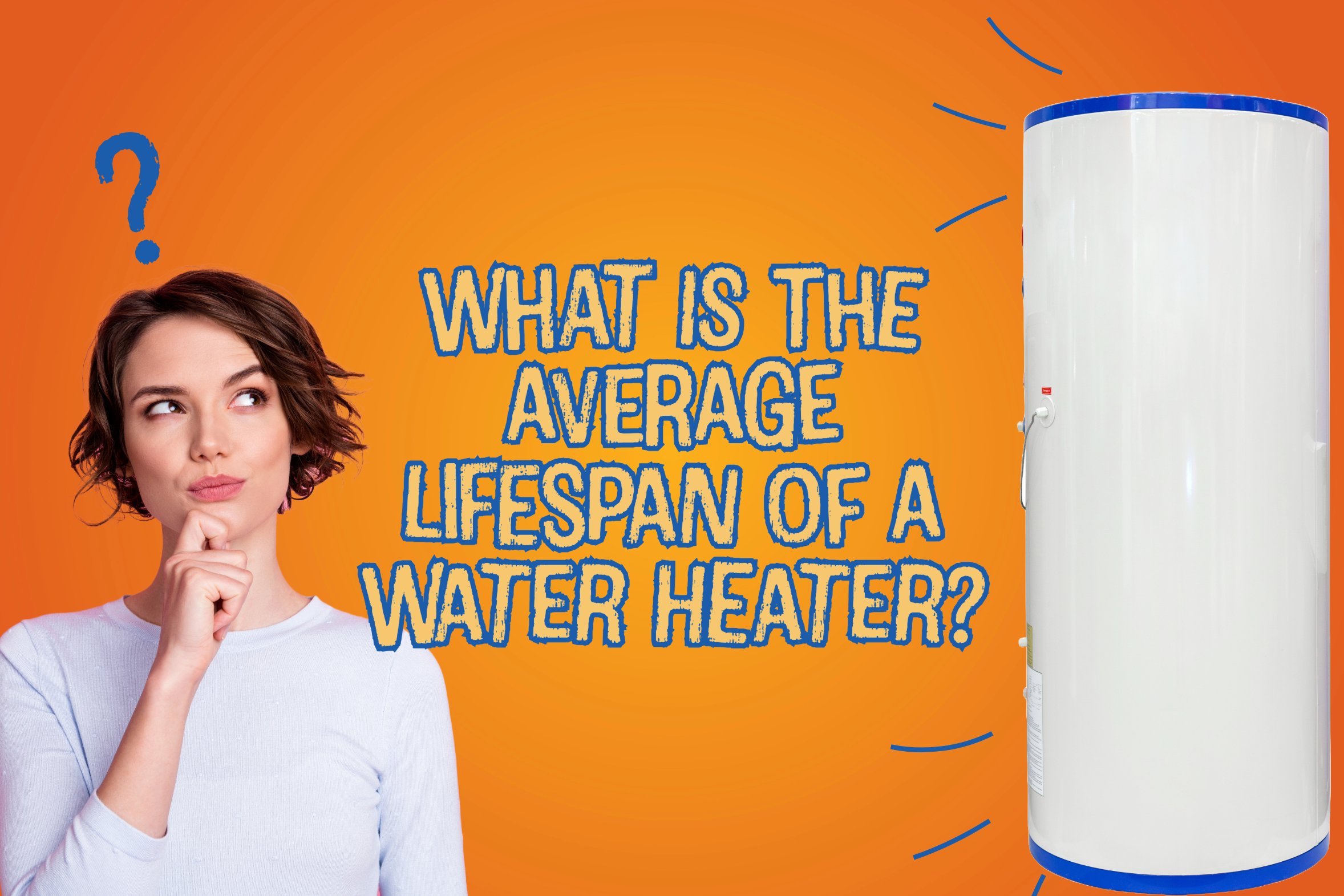Experiencing trouble with your water heater and not sure what next steps to take? You’ve come to the right place! At Five Star Dayton Plumbing, we understand the challenges homeowners face when water heater issues arise, especially for first-timers. You might be wondering what questions to ask, how to determine if your water heater needs repairs or replacement, and why a replacement might be necessary. Don’t worry—we’re here to clear up all your concerns and guide you through every step!
Our mission is to make all your home-related needs seamless and stress-free. Today, let’s tackle one of our most frequently asked questions: What’s the average lifespan of a water heater? Let’s dive in!
What’s the Typical Lifespan of a Water Heater?
Typically, a water heater should last around 8 years, but some can exceed this average lifespan, reaching up to 10 years with proper care. If your water heater is hitting the ten-year mark, it’s likely nearing the end of its lifecycle. However, we firmly believe proactive maintenance and planning ahead can help avoid unexpected surprises. After all, who enjoys dealing with sudden problems? Keep your water heater in top shape and stay ahead of the game!
How Does the Lifespan of a Water Heater Vary?
Several factors influence the lifespan of your water heater. Consider the following:
- Regular Use: Your water consumption plays a big role in how long your water heater lasts. While it doesn’t mean you should cut back on usage, it’s something to keep in mind.
- Preventative Maintenance: Scheduling regular check-ups and annual flushing can significantly extend your unit’s life. Skipping these tasks can speed up wear and tear.
- Water Quality: Whether you have hard or soft water, it can make a difference. Minerals like calcium and magnesium can build up over time, affecting your heater’s efficiency and lifespan.
- Installation Quality: A poorly installed heater can wear out faster, suffer damage, and even pose safety risks to your home.
- Equipment Quality: Opting for cheaper, lower-quality brands might save you money upfront, but it compromises the machine’s durability. The materials used in your water heater are crucial for its overall performance and longevity.
Keep these factors in mind to ensure your water heater stays in top shape for years to come!
When Should You Consider Replacing Your Water Heater?

Is your water heater ready to call it quits? Here are some telltale signs that it might be time for a new one:
- Rusty Water – If your tap water looks discolored or “rusty,” it’s a red flag that your heater’s days are numbered. A metallic smell or taste is another clue that a replacement might be around the corner.
- Water Not Heating – Struggling to get enough hot water when you need it? This could mean sediment buildup or wear and tear inside the heater, signaling it’s time for an upgrade.
- Water Leakage – If you happen to spot a puddle around your water heater, don’t wait to figure out what’s going on. You should call a professional ASAP. Depending on the leak’s source, you might need a repair or perhaps a replacement.
- Age – Age is more than just a number when it comes to water heaters. If yours is over ten years old, it’s wise to start making a game plan for a new one.
- Frequent Repairs – If you’re constantly calling for repairs, it might be smarter (and cheaper) to invest in a modern, energy-efficient model.
Keep an eye out for these signs, and you’ll know when it’s time to say goodbye to your old water heater!
What Can You Do to Extend Your Water Heater’s Lifespan?
Since water heating accounts for about 18% of your household’s energy costs, keeping your water heater in prime condition is a smart move. Routine maintenance not only helps your system run smoothly but also extends its lifespan. Here’s how:
- Flushing Your Water Heater: Sediment buildup can cause your system to overheat, leading to costly repairs and a shorter lifespan. As a result, regular flushing can help to keep your heater efficient and trouble-free.
- Avoiding High Water Temperatures: Setting your water heater too high can wear it down faster, reducing its lifespan. Choosing moderate settings can help to keep it running longer.
- Preventing Exterior Rust Buildup: Rust on the outside of your unit can hurt efficiency and lower its life expectancy. Regular checks and maintenance stop rust in its tracks.
- Staying Current with Annual Maintenance: Don’t skip your annual plumbing inspections, even if everything seems fine. They ensure smooth operation and catch minor issues before they become major problems.

Keeping an eye on your water heater’s age is a smart move to plan for its replacement down the line. Need help figuring out its age or want a free water heater estimate? Whatever your needs or questions, we’ve got you covered and are ready to assist!
You can trust Five Star Dayton Plumbing with all your water heater needs. Call us at (937) 230-6506, or schedule an appointment online now by clicking here!


